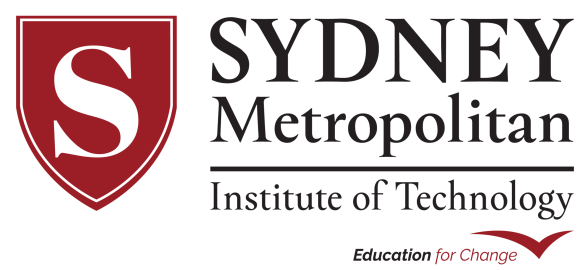Bachelor of Social Work (BSW)

- Lecturer: Dilan Shrestha

In this Unit, you will learn the foundational knowledge and skills to analyse society from a
sociological perspective and derive its relevance for social work, especially in the context of a
diverse society. The Unit offers a comprehensive introduction to the discipline of sociology and its
foundational theories to enable you recognising and undertaking a critical analysis of social context,
culture, belief systems, identity, and social barriers as well as examining several pressing social
problems within contemporary Australian society. Students will be exposed to different personal,
social, and cultural identity dimensions of human lives, and engages with questions of how cultural
diversity enriches and challenges social work goals and methods, and avoid cultural collusion and
homogenisation of experience. You will gain an understanding of working inclusively and respectfully
with cultural difference and diversity, and develop skills to apply social and cultural knowledge and
skills in diverse contexts.
- Lecturer: Sajal Roy

This Unit aims to develop an understanding of human development across the lifespan
particularly with respect to changes in the health and wellbeing of individuals. Social workers need to
give attention to the health and well-being of clients, families and more broadly the community
when they work in the health system or when working in other fields of practice. For this
purpose, students will be enabled, with this Unit of study, for critical exploration and analysis of
knowledge, theories, and systems relevant to health and wellbeing. In addition, this Unit explores
the potential of social work practice with people of different ages, health conditions and
disabilities and mental health conditions in diverse communities. In this Unit, health is introduced
as a “social” idea, with consideration of the social determinants of health, as well as the social
causes and consequences of health inequalities. Using a holistic understanding and consideration
of health challenges across the lifespan, models of health are critically evaluated, and priority
is given to a biopsychosocial-spiritual-cultural approach to understanding health and wellbeing
across the lifespan.
- Lecturer: Sajal Roy

Good communication skills are fundamental to engaged and reflective leadership in social work
practice. This Unit helps students to communicate and develop reflective practice skills in a real-world critical practice context. This Unit also exposes students to critical reflection on the
professional role within contemporary organisational contexts and in learning communication skills
to inform their learnings. Critical analysis and reflection on professional practice enable students to
develop ethical responses to contemporary practice issues within organisations from a critical
perspective. Students will also develop an understanding of ethical practice in organisations,
informed by critical social theories, using a critical practice from practice experience as a platform
to develop students practice framework. The Unit focuses on building students’ organisational
competence and professional confidence, as well as their commitment to critically reflective
practice and capacity to communicate effectively. By the completion of the Unit, students should be
able to bring a difference at individual and community levels as social workers, and have an ability
to reflect, listen, communicate, and respond to the unique stories of each person, family, group, or
community is important.
- Lecturer: Sharon Moore

This Unit introduces you to the basic concepts of psychology that will help you
understand the biological and social bases of human behavior. It examines aspects of
physical, cognitive, social, and emotional development and how they relate to social
work practices. This Unit also includes a module on working with specific vulnerable
populations that will focus on responding to concerns and strategies to keep us and
others safe and support these individuals and groups. Mental health is an emerging issue
in modern life affecting the welfare of many Australian individuals, affecting their
capacity to work, sustain relationships, and live independent and satisfying lives.
Psychosocial interventions are thus important to be able to work with people
experiencing mental health problems across a wide range of health and welfare settings.
This Unit provides foundational knowledge and skills for social practice in these diverse
areas. This knowledge and its application are aimed at preparing graduates for person-centered, evidence-based generic social work practice.
- Lecturer: Abhijatya Dhar

This Unit introduces various theories that inform social work practices, and helps in exploring the
complexity of practice faced by social workers. In this Unit, students will harness critical
understanding of social work frameworks and skills and explore ethical dilemmas, cultural
identity, power and gender analysis when working with individuals and families. Students will be
engaged in critical personal reflection of their understanding of family, challenge the construction
of what family means and explore the changing social, cultural, political and historical context in
which practice decisions are made.
- Lecturer: Shay Gilbert